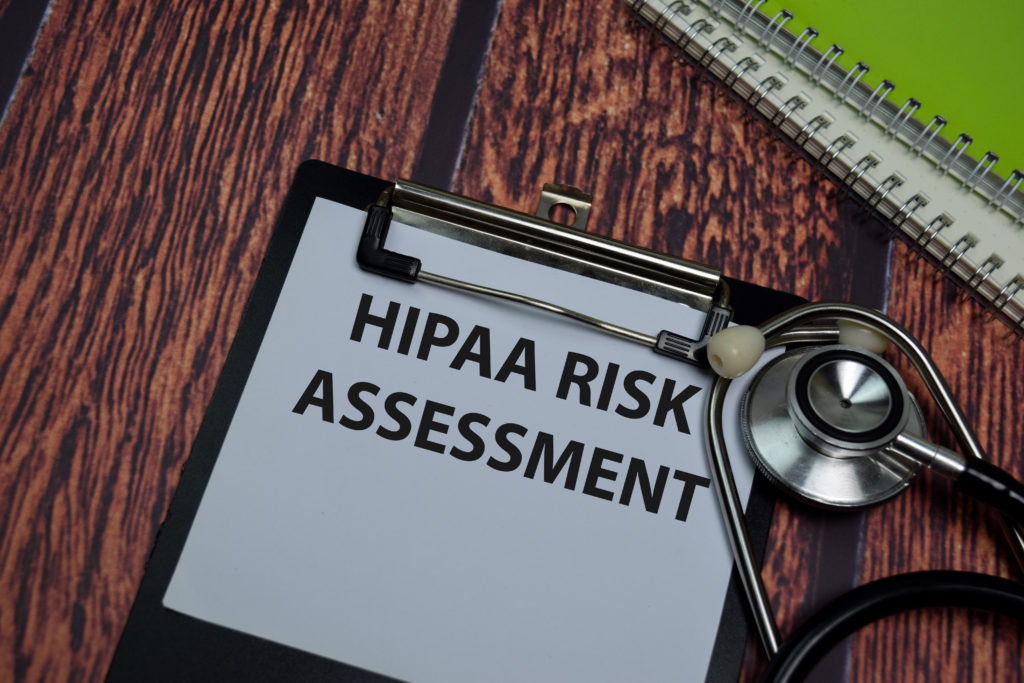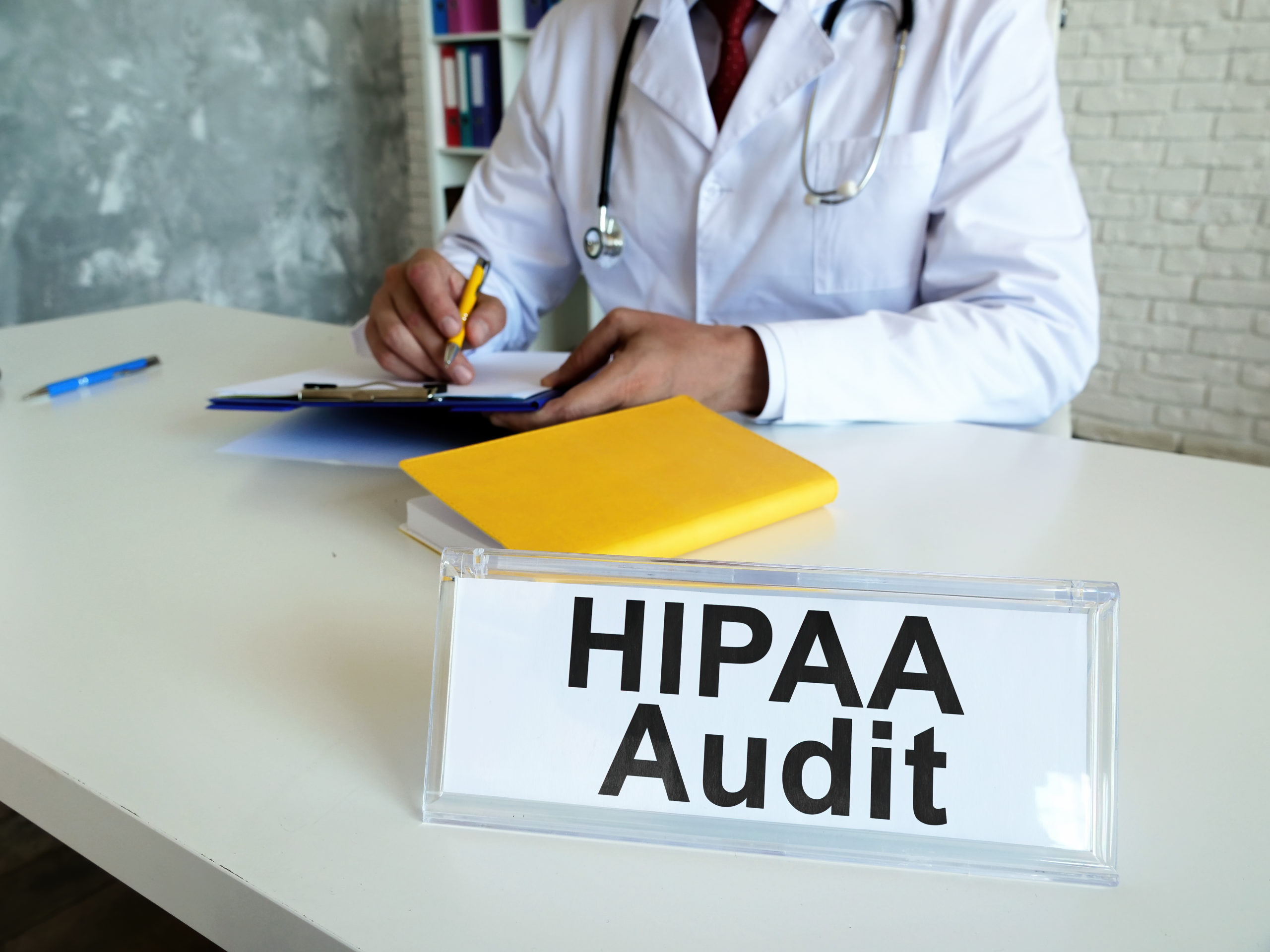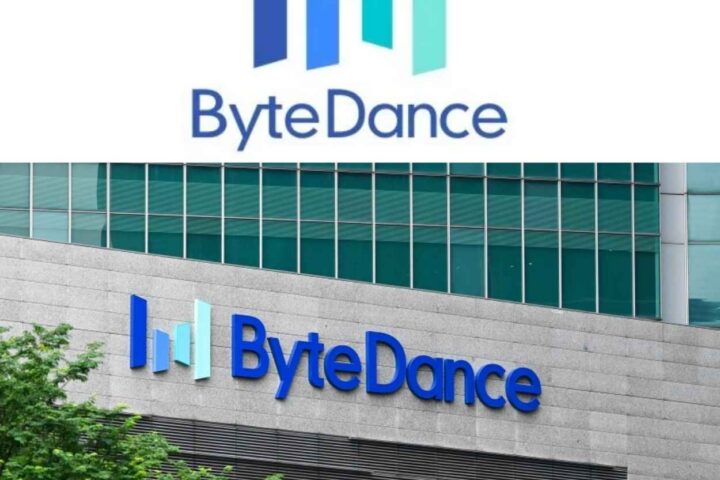As a business that holds patients’ protected health information (PHI), compliance with the HIPAA or the Health Insurance Portability and Accountability Act is necessary. It refers to federal legislation that aims to protect patient information by implementing data privacy and security measures. Hence, if HIPAA covers your business, you need to stay compliant with the statute’s rules and regulations. That way, you can avoid the serious financial and legal consequences of non-compliance.
However, it’s essential to note that in order to stay compliant, you also have to be prepared for a HIPAA audit from the State Attorney General or the Health Human Services Office for Civil Rights. Essentially, a HIPAA compliance audit refers to a procedure used to examine how a covered entity or organization handles its protected health information.
Although an audit can be complicated and confusing, below are the four tips to help you prepare for the procedure and ensure a favorable result:
1. Perform A Risk Assessment
During a HIPAA compliance audit, a risk assessment document is one of the things you need to present to the auditor. It usually contains data about the gaps or risks in your organization that will enable you to address them before they turn into a serious privacy or security issue. In doing so, you can ensure your business is safe from any vulnerabilities that may be discovered during the audit process. Consequently, the auditor will also see that you remain compliant with specific HIPAA rules and regulations.
On the other hand, if you need professional help, you can work with a reliable HIPAA compliance partner who knows what to do to meet your risk assessment needs. For more information, you can click here for a HIPAA security risk assessment service or check out other reputable resources online.

2. Designate A Privacy And Security Officer
HIPAA compliance requires covered entities to ensure that all policies and procedures are followed thoroughly within the organization. Thus, it’s essential to appoint a privacy and security officer to obtain a more desirable outcome during the audit process. They’ll be in charge of implementing the organization’s privacy and security rules when handling PHI and other confidential information. Their responsibilities can include reviewing the policies from time to time and ensuring that all staff members are aware of the guidelines.
Also, having a privacy and security officer can help you show the auditor that your organization is serious about complying with the standards set forth by HIPAA law. It can also be an effective way of letting the auditor know that you’re prepared for the audit and have made the necessary efforts to stay HIPAA compliant.
3. Conduct Training To All Staff Members
Typically, HIPAA compliance auditors will examine your organization’s training records. Failing to present your training documentation may indicate that you’re non-compliant with certain policies and procedures. So, to make sure you’re ready for the audit, you need to have an annual training program for all the staff members. When they’re well-trained, they’re updated with the best practices and updates for keeping your PHI safe and secure.
Also, it’s crucial to document all the training completed by your staff members. That way, you can show the auditor that your workforce is trained to safely handle the organization’s PHI and other sensitive patient data, which is a crucial component of HIPAA compliance.
4. Assess The Effectiveness Of Your Current Procedures
It’s important to remember that a HIPAA compliance audit is implemented to ensure that your organization’s compliance policies and procedures are up-to-date and still effective. If your plan doesn’t represent the current situation of your business, you could be in trouble. For example, if the auditor finds out that your security systems are outdated or your employees haven’t been retrained for many years, it means your organization isn’t HIPAA compliant.
To avoid this scenario, you should be prepared for the audit by evaluating the effectiveness of your current HIPAA procedures. Review all the privacy and security measures you have in place and identify if it’s still applicable to your organization’s current situation. Also, determine whether you need to replace the outdated provisions or modify some of them to ensure they reflect the existing state of your organization. Doing this can improve your chances of having a successful compliance audit process.
Bottom Line
Covered entities and organizations don’t need to fear the HIPAA compliance audit procedure. With proper planning and preparation, your organization can successfully remain HIPAA-compliant.
So, if you’re scheduled for a compliance audit anytime soon, take note of the tips mentioned above, and you’re good to go. The more you’re prepared for the audit procedure, the higher your chances of getting a more positive outcome. Remember, HIPAA compliance is something your organization should take seriously. Otherwise, you end up paying hefty fines, spending time in prison, or dealing with other sanctions.











